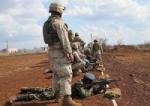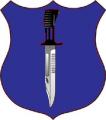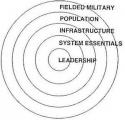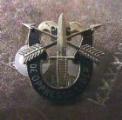From the IEC link:
Karzai won in 20 of 34 provinces, with a national margin of 1,500,000+ (54.6%). I called one province a tie; so, 13 for his opponents.
What follows are his winning provinces, sorted by % of vote for Karzai, with his approx. margin over the next candidate.
Paktika 180,000+, 91.1%
Kandahar 200,000+, 87.6%
Helmand 100,000+, 83.7%
Khost 90,000+, 83.0%
Kunarha 89,000+, 82.8%
Nimroz 40,000+, 82.3%
Paktia 170,000+, 82.2%
Laghman 70,000+, 79.9%
Nangerhar 255,000+, 76.2%
Farah 50,000+, 71.9%
Zabul 9,000+, 69.7%
Urozgan 18,000+, 69.1%
Wardak 30,000+, 63.6%
Juzjan 35,000+, 58.4%
Faryab 50,000+, 57.4%
Kabul 160,000+, 55.0%
Herat 45,000+, 48.6%
Ghazni 12,000+, 46.9%
Sar-i-Pul 10,000+, 45.5%
Logar 12,000+, 43.1%
Nite, folks


 ) simply won't work.
) simply won't work.










Bookmarks